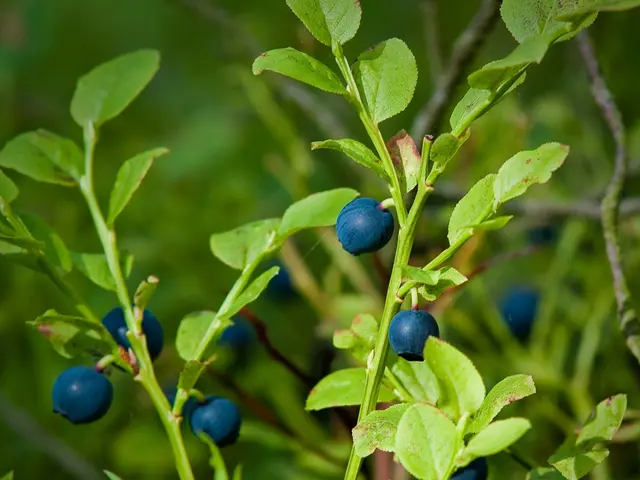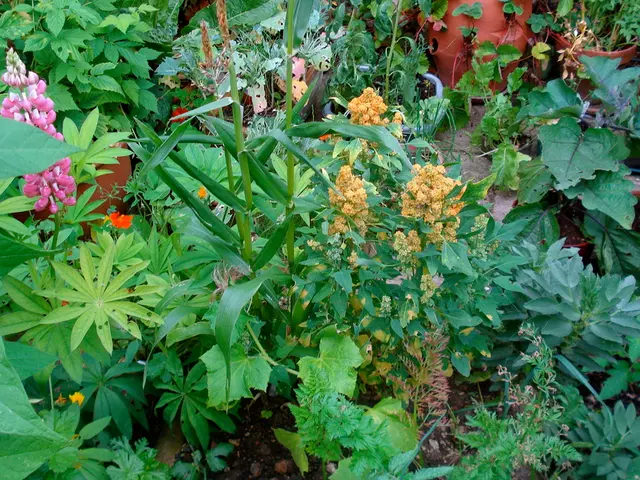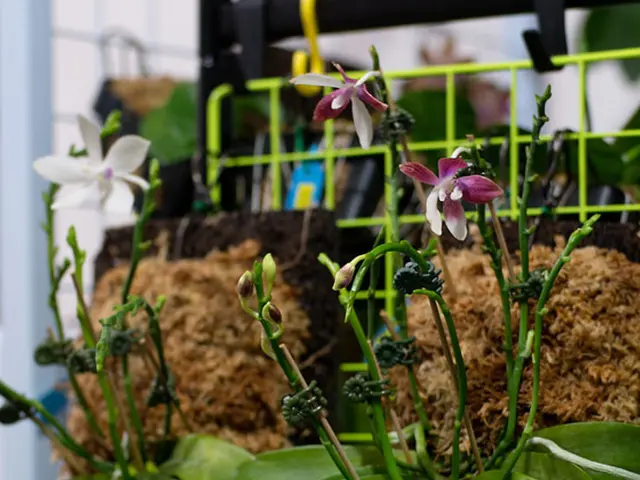Encouraging Rain Worms to Komi's Farmlands: Strategies by Agricultural Specialists
In a bid to enhance soil health and fertility, attracting rainworms, often referred to as earthworms, to garden beds has emerged as an essential practice. These tiny creatures play a pivotal role in processing plant residues into high-quality humus, thereby improving soil composition and structure.
Expert insights from the Federal Budgetary Institution Rosselkhozcenter Komi reveal that rainworms sustain themselves primarily on dead plant matter, thus posing no danger to growing plants. Beyond organic waste, their diet includes soil microorganisms and fauna. By consuming large quantities of simple nematodes, microbes, fungi, and water mosses, rainworms break down these substances during digestion.
Post-digestion, the soil benefits from enzymes, amino acids, and other biologically active substances released. These substances help suppress pathogenic microorganisms, subsequently disinfecting and deodorizing the soil while regulating microbial activity. Additionally, rainworms aid soil neutralization by releasing calcium carbonate.
By creating channels in the soil, rainworms ensure improved aeration and mixing, increasing soil porosity, air, and water permeability. This ultimately facilitates quicker access of water, oxygen, and nutrients to the root system, thereby promoting better plant growth.
To foster an increased rainworm population in your plot, it's recommended to add manure, compost, and other organic matter to the soil and maintain consistent moisture levels. After approximately 10-15 days, worms will make their presence known in the content. Their adaptability to specific soil types makes them valuable assets; all that's needed is to create a favorable living environment for them.
The following tips can assist in attracting and maintaining earthworms in your garden effectively:
- Adding organic matter such as compost, leaves, and mulch to the soil provides earthworms with food and a comfortable habitat.
- Maintaining soil moisture is crucial, ensuring the soil remains damp but not waterlogged. Earthworms thrive in moist conditions, particularly after rainfall.
- Adopting organic gardening practices helps prevent harming earthworms with pesticides or fertilizers.
- Providing adequate food, such as vegetable scraps, grass clippings (devoid of chemicals), and leaf mold, is essential for maintaining earthworm populations.
- Ensuring a slightly acidic to neutral soil pH (approximately 6.0-7.0) promotes an environment conducive to earthworms.
- Providing good air circulation and drainage, as well as mulch to retain moisture and regulate soil temperature, are also critical for helping earthworms thrive.
If you have a worm composting bin, utilize materials like shredded paper, coconut coir, or peat moss as bedding, as they help maintain moisture and create a comfortable environment for worms. Minimizing tilling helps protect earthworm tunnels and habitats.
By adhering to these tips, you can establish a welcoming environment for earthworms, ultimately boosting soil health and fertility.
Incorporating home-and-garden practices like adding organic matter such as compost and maintaining soil moisture minimizes the use of pesticides, making it a suitable lifestyle choice for attracting and sustaining earthworms, crucial for improving garden soil health and lifestyle. Emily, a passionate gardener, adopts these strategies and practices gardening techniques that not only promote a healthier garden but also support the growth of various beneficial soil fauna, including earthworms.






